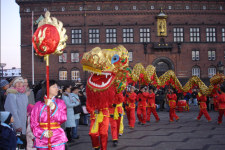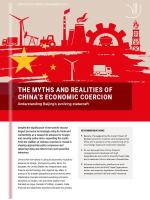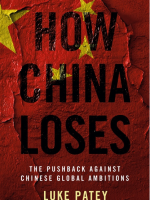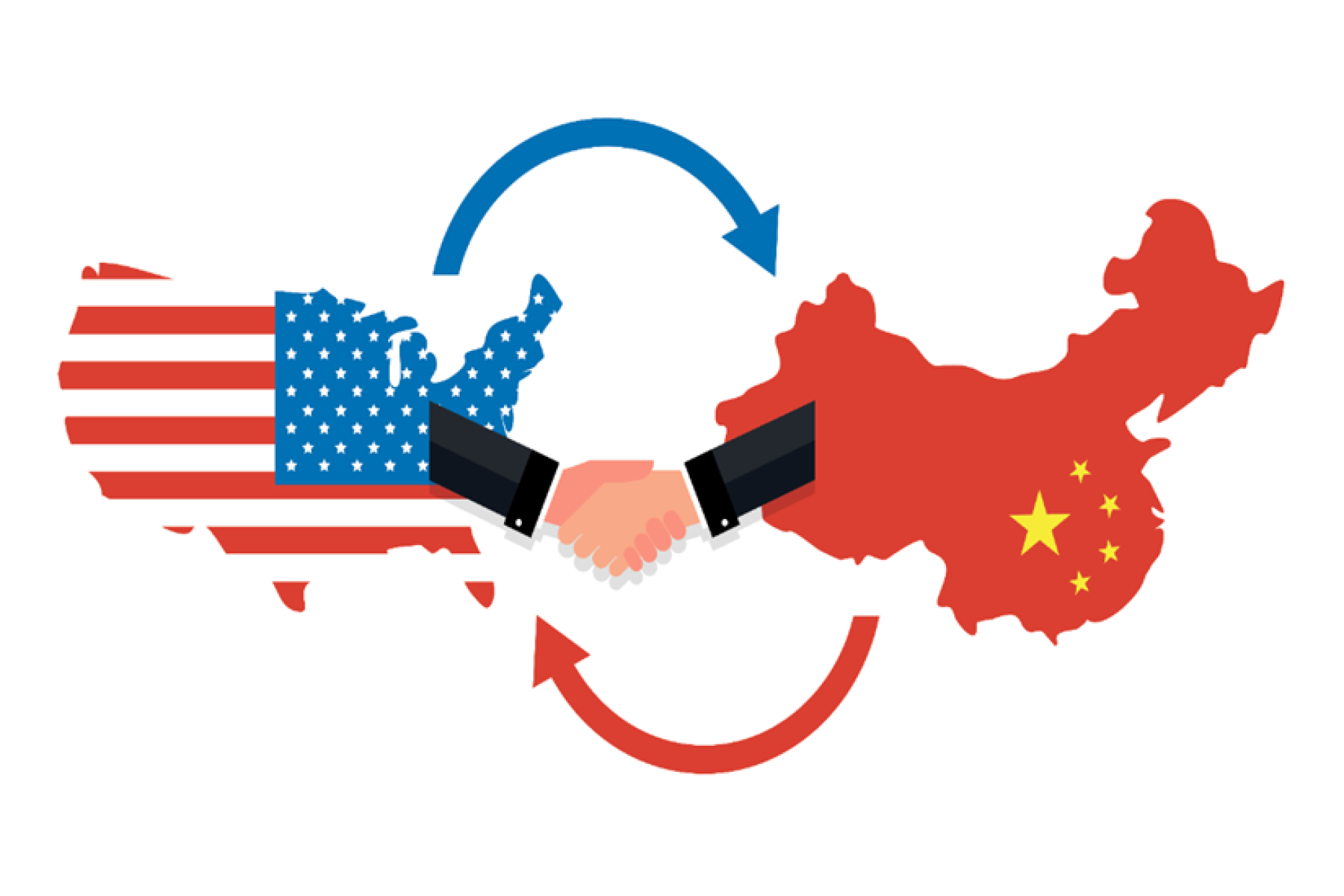Confronting Coercion

For many years, China succeeded in scoring minor political victories with a subtle and selective brand of economic pressure. Countries from Norway to France quieted their criticism of China’s authoritarian politics and human rights record while brands from Versace to American Airlines apologized for crossing China’s various redlines.
But China’s coercion has taken a new direction of late. It has become more boisterous and more bullying under President Xi Jinping’s so-called ‘wolf warrior diplomacy’. Whereas Beijing’s coercive art form was once clearly distinguished by its narrow rather than broad strokes, bravado has taken over.
Yet Beijing may have pushed too far. Many of China’s targets are resisting its pressure. A collective response to counter China’s coercion efforts is emerging. If the pushback succeeds, Beijing’s longstanding success in coercing countries such as Denmark and Norway may become a thing of the past. If it fails, however, Beijing may see a free lane to escalate its coercion, bending decades of deepening economic ties with the West to its political will.
From Australia to Lithuania, DIIS senior researcher, Luke Patey, examines how the targets of China’s economic pressure are weighing the opportunities and challenges of mustering a collective response.
Meet Luke Patey at this years Docs & Talks film festival arranged by DIIS and Cinemateket. Book your ticket for the movie Days of Canibalisme about China in Africa.
DIIS Eksperter



